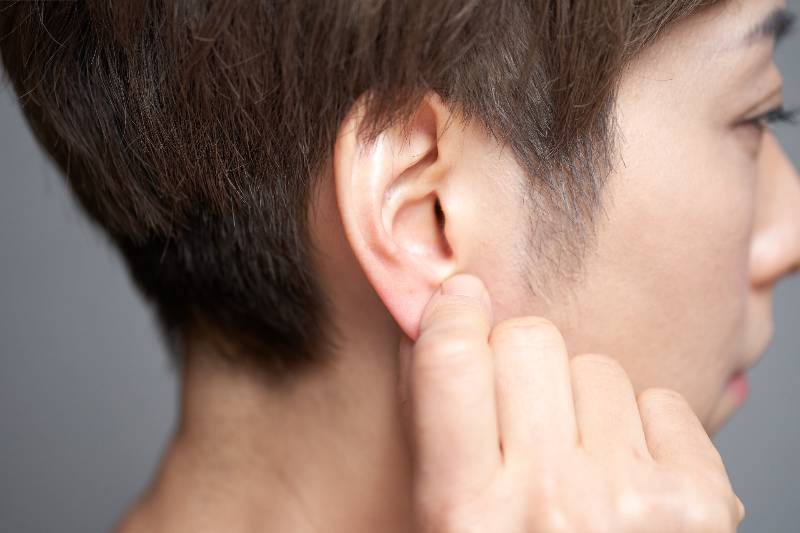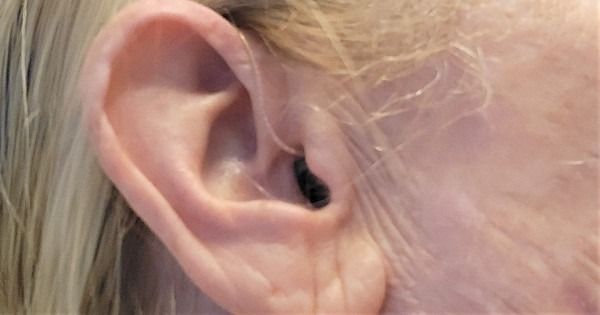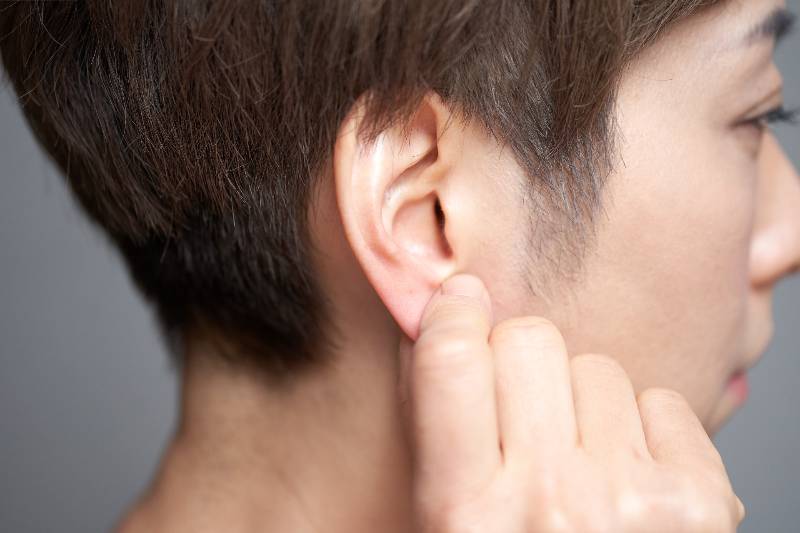Decoding the Causes: Latest Findings in Pulsative Tinnitus Research
Recent explorations into pulsative tinnitus have illuminated potential causes, offering a beacon of hope for more effective treatments. These studies have revealed that the condition might extend beyond auditory system issues, possibly involving broader neurological factors. The role of brain plasticity in pulsative tinnitus is a focal point of research, examining how changes in the brain can lead to the perception of these phantom sounds.
Technological advancements in imaging techniques have been pivotal in deepening our understanding of pulsative tinnitus. Utilizing high-resolution MRI and CT scans, researchers can now pinpoint vascular abnormalities that could be the root cause of this condition. These advancements have led to more accurate diagnoses, enabling targeted treatments that specifically address the underlying causes of tinnitus in patients.
Patient-Centered Studies: Insights from Recent Pulsative Tinnitus Research
The shift towards patient-centered research has significantly enhanced our understanding of pulsative tinnitus. These studies prioritize the impact of tinnitus on patients’ lives, focusing on their experiences and responses to various treatments. Insights gathered from surveys and interviews shed light on the emotional and psychological burden of living with tinnitus. This underscores the necessity for comprehensive treatment plans that cater to both the physical and mental health aspects of the condition.
Recent trials have delved into the effectiveness of diverse therapies, including sound therapy, cognitive behavioral therapy (CBT), and mindfulness-based stress reduction (MBSR). The aim is to assess not only the clinical efficacy of these treatments but also their influence on patients’ daily lives, work productivity, and overall well-being. These patient-centered studies are crucial in tailoring treatments that holistically address the multifaceted nature of tinnitus.
The Link Between Pulsative Tinnitus and Other Health Conditions
Emerging research has increasingly highlighted a connection between pulsative tinnitus and various health conditions. Notably, cardiovascular diseases have been identified as a common comorbidity. Conditions like hypertension and atherosclerosis are now recognized as potential exacerbators of tinnitus symptoms. This revelation has steered treatment towards a multidisciplinary approach, involving cardiologists, neurologists, and audiologists to provide a more holistic care strategy.
Furthermore, there’s a growing body of evidence linking pulsative tinnitus with mental health issues, such as anxiety and depression. This bidirectional relationship suggests that tinnitus can lead to psychological distress, while pre-existing mental health conditions might intensify tinnitus symptoms. Understanding these connections is crucial for developing comprehensive treatment plans that address all aspects of a patient’s health, both physical and mental.
Myths vs. Facts about Pulsative Tinnitus
Pulsative tinnitus is often surrounded by myths and misconceptions. A common myth is that it’s a rare condition, when in fact, it affects a significant number of individuals. Another misconception is that pulsative tinnitus is always a sign of a serious health issue. While it can be associated with certain medical conditions, in many cases, it’s not indicative of a severe health problem.
There’s also a belief that pulsative tinnitus cannot be treated. However, with advancements in medical research and technology, there are now various effective treatment options available. It’s important to dispel these myths and provide accurate information, so individuals suffering from pulsative tinnitus can seek appropriate treatment and support.
FAQ Section
What are the latest advancements in pulsative tinnitus research? Recent advancements include the use of high-resolution imaging to identify underlying causes and exploring the role of brain plasticity in tinnitus. These developments are crucial in creating more effective and targeted treatments.
How do patient-centered studies contribute to tinnitus research? Patient-centered studies focus on the impact of tinnitus on individuals’ lives and their responses to treatments. These studies are essential in understanding the broader effects of tinnitus and developing treatments that address both physical symptoms and emotional well-being.
Is there a link between tinnitus and other health conditions? Yes, research has found links between tinnitus and several health conditions, including cardiovascular diseases and mental health issues. This understanding has led to a more comprehensive approach in treating tinnitus, involving various medical specialties.
Can imaging techniques help in diagnosing tinnitus? Advanced imaging techniques like MRI and CT scans play a significant role in diagnosing tinnitus, especially in identifying vascular abnormalities that might be causing the condition. These techniques are key in providing a precise diagnosis and guiding effective treatment.

Exploring Pulsatile Tinnitus: Comprehensive Diagnosis and Holistic Management
References
- “Technological Advances in Tinnitus Treatment.” Tinnitus Guru. Discusses the latest technological innovations in tinnitus treatment, including advanced hearing aids and neuromodulation techniques.
- “Personalized Approaches to Tinnitus Management.” Tinnitus Guru. Provides insights into personalized treatment plans for tinnitus, emphasizing the importance of individualized care.




